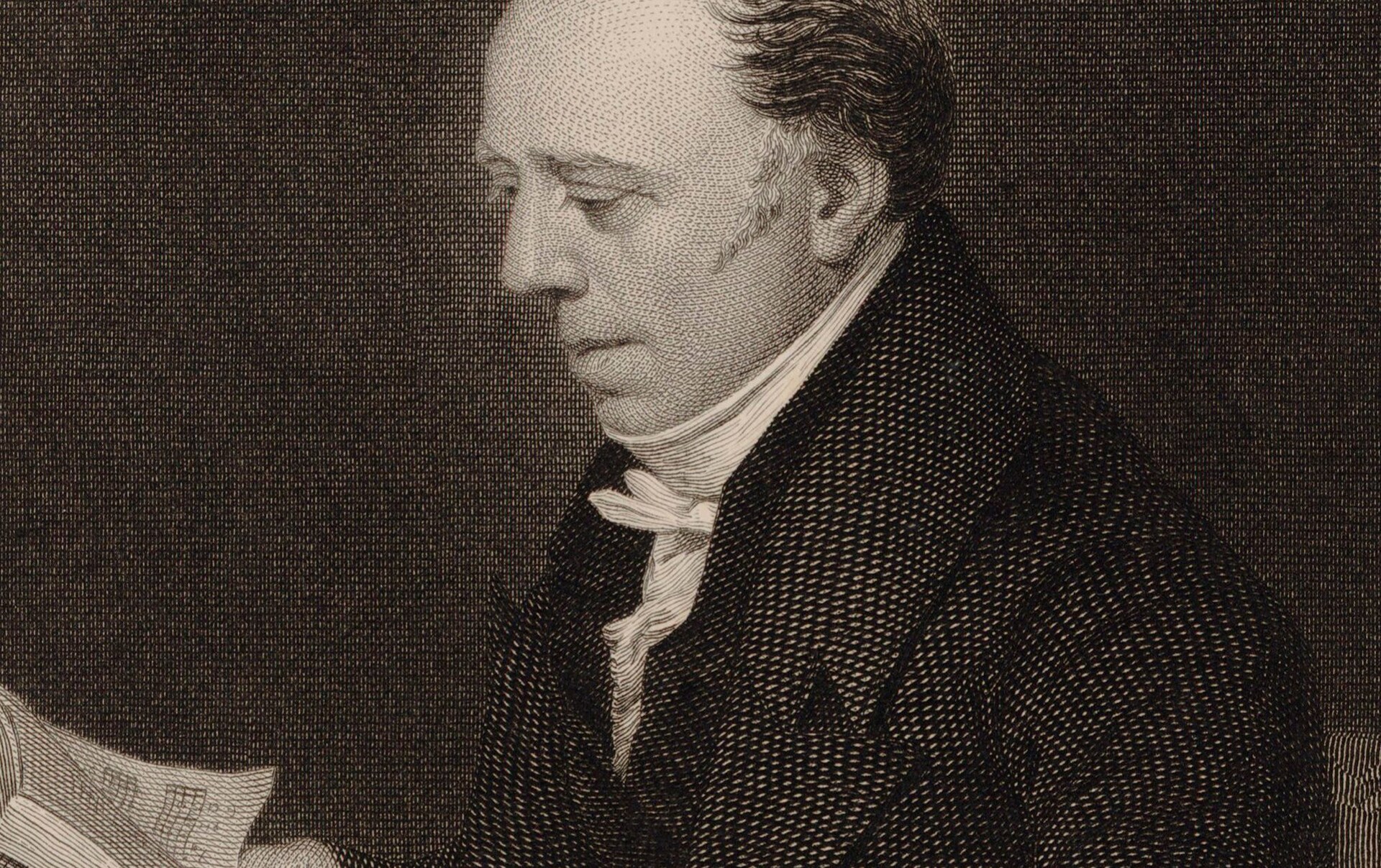
SACRED MYSTERIES: INCENSE, CRANMER’S WORDS AND PORTUGUESE MUSIC
I heard music not played in church for 150 years last Sunday, between passages of Cranmer’s prose, all the while witnessing richly vested Catholic liturgy and being enveloped in incense.
The venue was Warwick Street, in the charming 18th-century Catholic church tucked behind Liberty’s. I wrote about its architecture last September. Sunday saw a Mass to mark the 300th anniversary of the Portuguese ambassador opening the chapel there to Catholic Londoners, who were forbidden by law from attending Mass on sovereign British soil.
The enjoyable curiosities for music-lovers were three motets by Portuguese composers. They had been published by Vincent Novello (1781-1861), founder of the great sheet-music firm. His first post, aged 16, had been at the Portuguese embassy chapel, but the printed music for the three motets last Sunday had been found by Professor John Sloboda among choir books at the church of St James Spanish Place, successor to the Spanish embassy chapel.
The church in Warwick Street has since 2013 been in the care of the so-called Ordinariate. This entity, set up by the previous pope, Benedict XVI, allows elements of Anglican patrimony to be retained by Anglicans who enter full communion with the Pope.
It so happened that the Ordinariate’s first Ordinary, the man in charge (with a jurisdiction like a bishop’s), the affable Mgr Keith Newton is retiring, so the Mass, at which he officiated, was in a way a celebration of his achievements.
Mgr Newton is married and has grown-up children, but at the altar in Sunday’s beautifully controlled liturgy he looked like some Tridentine prelate. A server even had a silver tray on which to bear away his skull-cap for the solemn moments of the consecration. And among his gilt vestments, Mgr Newton numbered a maniple, an obsolete, ornate and transmogrified handkerchief tied to the arm. Not even the High Anglican St Mary’s Bourne Street uses those anymore.
So it was all the odder, to me, to hear the words of Cranmer’s Prayer Book recited with feeling: “We acknowledge and bewail our manifold sins and wickedness, Which we from time to time most grievously have committed, By thought, word, and deed, Against thy Divine Majesty, Provoking most justly thy wrath and indignation against us.”
At the beginning of Mass had been sung in Latin (as it might be in many an Anglican church today) the motet Sancta Maria, succurre miseris, a 1,000-year-old text set by great composers from John Dunstable to Claudio Monteverdi. We heard the music of Davide Perez (1711-78), who was born in Naples but made his career in Lisbon. Sancta Maria, iuva pusillanimes, refove flebiles, ora pro populo. “Holy Mary, be thou a help to the helpless, strength to the fearful, comfort to the sorrowful, pray for the people.”
The best known of the composers on Sunday was Marcos Portugal, known as Portogallo (1762-1830), who composed both Portugal’s first national anthem and the first of Brazil. We heard his motet O Jesu Deus noster. The third item was Veni Domine et noli tardare, set by António Leal Moreira (1758-1819).
Novello had published his first edition, Collection of Sacred Music as Performed at the Royal Portuguese Chapel in London, in 1811. It is clear that English Catholics before and after Catholic Emancipation in 1829 enjoyed a rich musical repertoire, the breadth of which we have been unaware.
2024-06-15T06:03:26Z dg43tfdfdgfd
